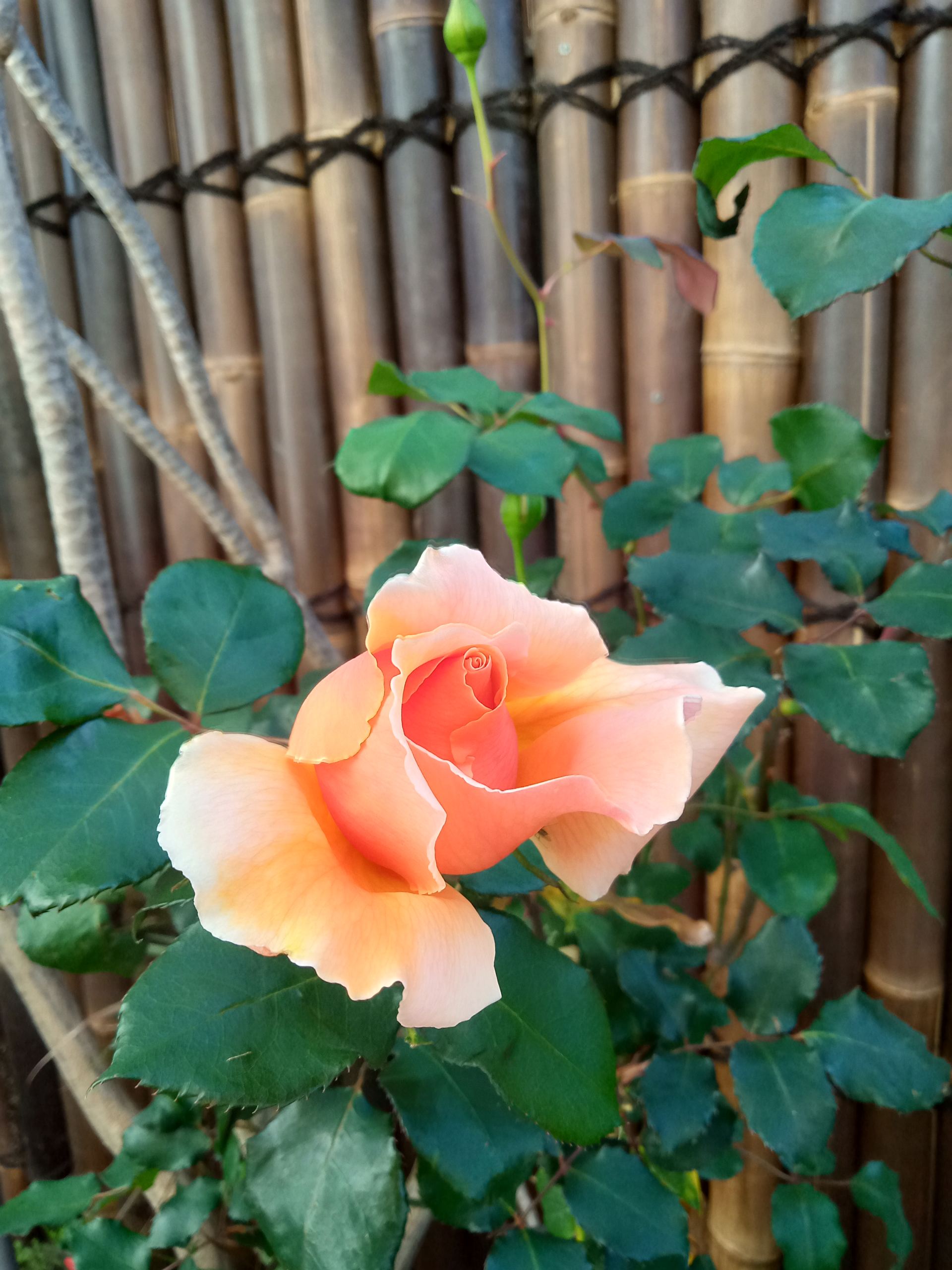Aromatherapy is a unique therapy that uses the pleasant scents of essential oils to help people feel better. It’s like a natural way to calm your nerves and reduce anxiety. (You can take a 1 minute test for anxiety here) But is it really effective? Let’s break it down in simple terms.
How Aromatherapy Helps
Imagine you have a bottle of essential oil, like lavender or eucalyptus. When you smell these oils or have them gently rubbed on your skin, they can make you feel more relaxed. This can be especially helpful if you’re dealing with anxiety or feeling stressed out.
What the Research Says
Scientists have studied aromatherapy, and their findings are quite encouraging. They looked at lots of different studies and put all the information together. What they found is that aromatherapy can really help with anxiety. Whether you’re worried about something specific or just feeling generally anxious, aromatherapy can make you feel better.
Is It Safe?
Now, here’s the thing. Essential oils are powerful, but they can also be a bit tricky. Some of them can cause skin problems or even catch fire if you’re not careful. So, it’s important to use them safely. Always follow the advice of an expert or someone who knows about aromatherapy.
In a Nutshell
In simple words, aromatherapy is like a natural way to chill out and feel less anxious. It’s not a magic cure, but it can be a helpful tool for your mental well-being. Just remember to use essential oils safely and ask for guidance if you’re not sure how to do it right.
Aromatherapy is worth giving a try if you’re dealing with anxiety or just want to feel more relaxed. Talk to a professional to make sure you’re using it safely, and enjoy the soothing scents of nature.
References:
Gong M, Dong H, Tang Y, Huang W, Lu F. Effects of aromatherapy on anxiety: A meta-analysis of randomized controlled trials. J Affect Disord. 2020 Sep 1;274:1028-1040. doi: 10.1016/j.jad.2020.05.118. Epub 2020 May 26. PMID: 32663929.
Farrar AJ, Farrar FC. Clinical Aromatherapy. Nurs Clin North Am. 2020 Dec;55(4):489-504. doi: 10.1016/j.cnur.2020.06.015. Epub 2020 Sep 28. PMID: 33131627; PMCID: PMC7520654.








Leave A Comment